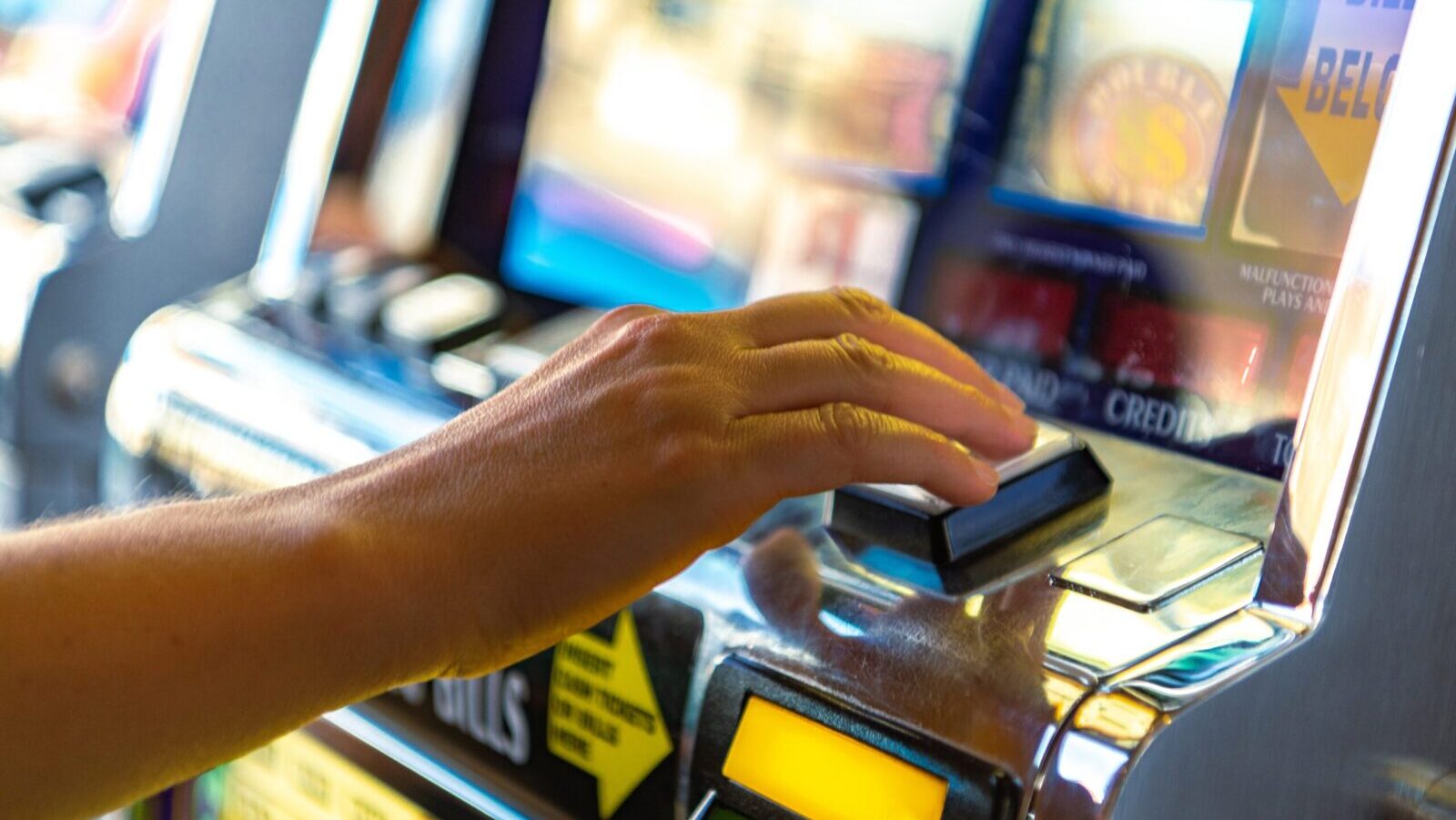Pennsylvania Supreme Court To Decide Fate Of Controversial Skill Games
Pennsylvania's highest court has agreed to rule on skill games, a case with implications reaching into several other states.
2 min

Pennsylvania’s highest court is poised to make a crucial decision regarding the status of cash-paying electronic game terminals that have become ubiquitous in convenience stores, bars, and other establishments. These machines, often called “skill games,” are at the center of a legal debate over whether they constitute unlicensed gambling and should, therefore, be shut down.
This week, the state Supreme Court announced it will hear an appeal from the attorney general’s office challenging a lower-court ruling that deemed these skill games legal. The lower court found that these games rely on a player’s ability rather than solely on chance, distinguishing them from traditional gambling devices like slot machines. The attorney general’s office contends that the skill element is minimal and that these machines should be regulated as gambling devices, subject to the same legal restrictions.
The American Gaming Association (AGA) has highlighted the extent of the issue, estimating that there are at least 67,000 skill games currently operating in Pennsylvania, more than in any other state. This widespread presence underscores the significant impact these games have on the state’s gambling revenue and the urgency felt by regulators and legal authorities in addressing the issue.
PA lawmakers weigh in
The proliferation of skill games in Pennsylvania has not gone unnoticed by lawmakers. Several bills currently under consideration in the state legislature aim to either ban or strictly regulate these machines. Proponents of a ban argue that the games operate in a legal gray area and siphon off revenue that would otherwise go to state-sanctioned gambling outlets such as the Pennsylvania Lottery and licensed casinos.
The Pennsylvania Lottery and the state’s casino industry are among the most vocal opponents of skill games. They argue that these machines are diverting significant revenue away from their operations.
Casinos in Pennsylvania are particularly concerned, as they are subject to a tax rate of approximately 54% on slot machine revenue. This tax burden, they claim, is unfair when compared to the unregulated skill games, which do not contribute tax revenue to the state.
Other states are also grappling with the classification and regulation of skill games. For example, Virginia recently enacted legislation to ban skill games, although enforcement has been met with legal challenges.
In a show of support for the machines, many convenience store owners temporarily stopped selling Virginia Lottery products as a form of protest. The state legislation is now considering an attempt to overturn the ban.
Similarly, Ohio has undertaken efforts to crack down on these machines, arguing that they constitute illegal gambling. In Georgia, skill games are legal but heavily regulated to ensure they comply with gambling laws. Kentucky has weighed in, as well, banning the machines through legislation.
Skill games future at risk
In Pennsylvania, where online gaming is growing rapidly, the upcoming decision by the state Supreme Court will be pivotal. If the court sides with the AG’s office, it could lead to a statewide shutdown of skill games, significantly altering the landscape for the establishments that rely on these machines for additional revenue.
Conversely, a ruling in favor of the current status quo would likely embolden skill game operators and could prompt further legislative efforts to impose regulations or taxes on skill games to level the playing field with licensed casinos and the state lottery.
The financial stakes are high, not only for the operators of skill games but also for the state’s economy. The Pennsylvania Lottery, which funds senior citizen programs, and the casino industry, which contributes substantial tax revenue, both argue that the unchecked proliferation of skill games undermines their financial viability. The resolution of this legal battle will have significant implications for state revenue and the regulatory framework governing gambling in Pennsylvania.
The court’s ruling will be closely watched by other states facing similar challenges, potentially setting a precedent for how skill games are regulated nationwide. However, the court has not yet set a date on the calendar to discuss the issue.





